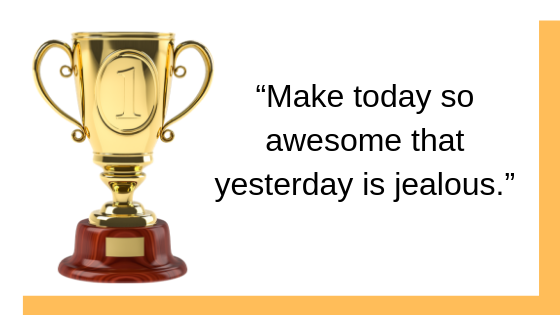“Sorry looks back, worry looks around, despair looks down, but faith looks up.”
—Author Unknown

Image from Unsplash by Chris Gegelman
Many of us become a bit more reflective this time of year.
Where do you have regrets and feel sorry about the opportunities you saw but did not pursue?
What current matters or present challenges are the greatest cause of worry and concern that need your best efforts?
On what aspects of life have you given up, feel down in the dumps, or maybe even a bit of despair?
EXERCISE:
How would looking up with a more heart-centered and faithful perspective lead you and those you love to a happier, more richly rewarding new year?
What strategies and methods can and will you use to keep looking up in faith all year long?









